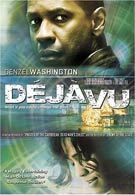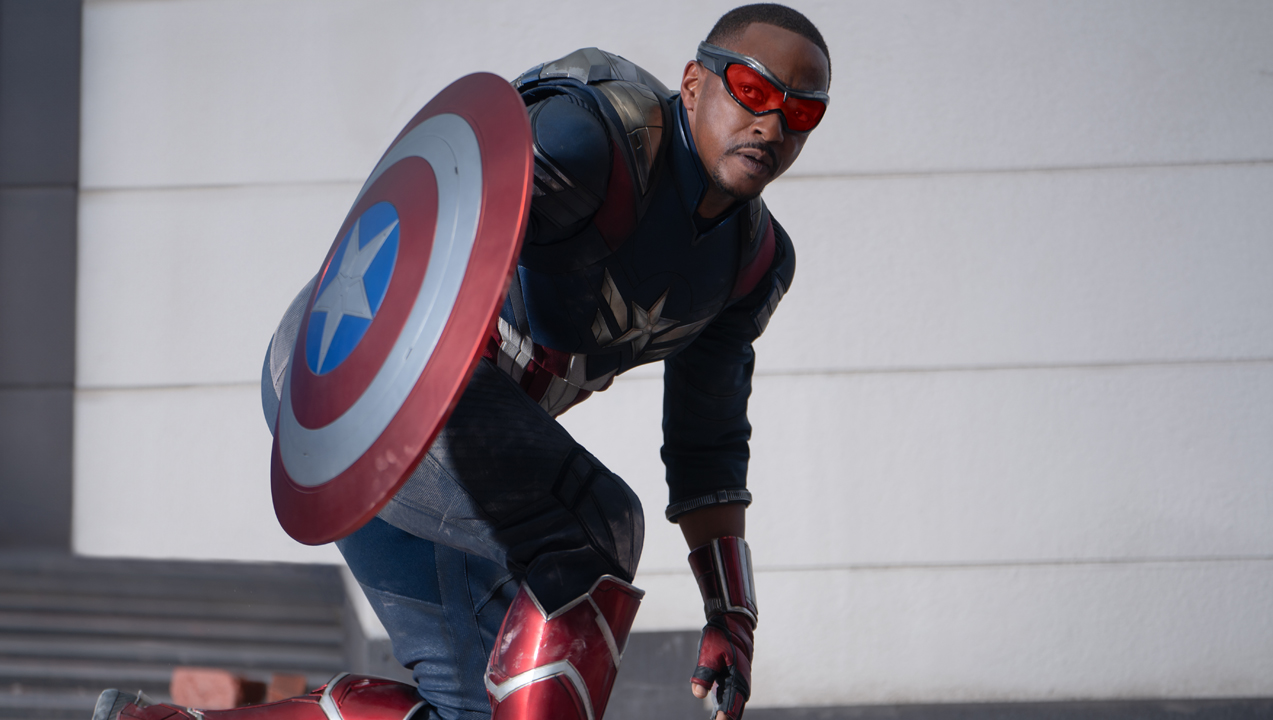“A possible way to explain the absence of visitors from the future would be to say that the past is fixed because we have observed it and seen that it does not have the kind of warping needed to allow travel back from the future,” explains Stephen Hawking in “A Brief History of Time.” Granted, the time travel idea becomes more complicated with multi-dimensions and worm holes, but the paradoxes involved with backwards time travel are too convincing to be overlooked. Thus, when you’re making a movie about time travel, you better be prepared to deal with the paradoxes. Déjà Vu, however, indulges them to ridiculously illogical ends. Backward time travel is an endlessly interesting and impossible idea. Who wouldn’t want to travel back in time to warn ourselves and others about impending danger and misfortune? The problem is that we observed the past and traveling back in time to change that would present contradictions that refute our present existence. While similar time-travel movies such as Back to the Future attempted to plausibly deal with these paradoxes, Déjà Vu blatantly exploits these paradoxes, creating contradictions that slap you right out of your suspension of disbelief.
As a film directed by Tony Scott and produced by Jerry Bruckheimer, Déjà Vu opens with a glossy bang -- a ferry boat explosion in New Orleans kills more than 500 people. Within 15 minutes of the event, hotshot ATF agent Doug Carlin (Denzel Washington) finds evidence among the wreckage that the explosion was no accident, but a deliberate terrorist attack. To find the culprit, a special surveillance team enlists Carlin’s sharp eye to solve the puzzle. Except Carlin isn’t going to be looking at photographs or old surveillance tapes, he’s going to watch the past through a device allows him to watch four and half days ago. By bending space time, this device allows Carlin to watch the last four and half days of a woman’s life who might just hold the secret to who set the ferry a blaze, as well as the key to Carlin’s heart.
Sound convoluted? It is, but we give the action movie the benefit of the doubt and go along with it. The idea of watching the past is interesting, except that inconsistent variables show up in what Carlin is watching. When he decides to go one step further and attempt to interact with the past, all logic and reason are thrown out the window. No longer is Carlin attempting to solve the crime, but he’s trying to stop it before it happens. In doing so, he creates endless paradoxes that make his following actions even more impossible. While the premise might have interested you at first, its growing contradictions flush your interest down the drain, as you stare at the quick-cut gun fights and colorful explosions. After all, Scott’s just giving us what we wanted -- mindless entertainment?
To add injury to insult, Washington is as sympathetic as they come. We like his character, we’re interested in his drive to prevent a horrible disaster, but his actions are far too illogical to let us take the ride with him. The film’s setting is equally sympathetic, as it also gives us our first mainstream look at post-Katrina New Orleans. It’s refreshing to see both the vibrant and struggling areas when so much pain and hardship has been publicized in the past two years.
To the film’s credit, it succeeds in its suspense and action, mostly due to Washington acting and Scott’s pension for a quick pace. Be it a high-speed chase with a car that was driving four days ago or a shoot out on the ferry, the quickly-flashing images keep our attention. Unfortunately, the horribly complicated and intriguing problem of space-time dimensional travel is illogically wrapped up nice and neat for the happy ending, making Déjà Vu just as generic as Bruckheimer's other productions – highly explosive action with a dumb-as-dirt premise. Who needs high-definition DVD when you have an impeccable video transfer of Bruckheimer’s latest glossy flash fest on standard definition DVD? The video quality of Déjà Vu is, indeed, reference-quality image. Perhaps there is some slight edge enhancement in the 2.35:1 anamorphic widescreen transfer, but it never falters into the ghosting or haloing problems of earlier generation DVDs. The 5.1 Dolby Digital audio, on the other hand, tends to be a bit heavy on the low end. The entire movie pulsates constantly, so you might want to turn your sub down a hair, unless you need the reminder that you’re watching an action movie.
In the way of special features, Déjà Vu offers a unique behind-the-scenes branching commentary. In this feature, the film plays with a standard audio commentary, but the movie seamlessly branches into behind the scenes footage with interviews during the more production-intensive scenes. After the short two- to four-minute featurette, the movie resumes with the audio commentary. It seems to mimic the in-movie behind-the-scenes feature of HD DVD.
While it’s definitely interesting, it still would have been nice to have those featurettes separately available from the special features menu, though you can just jump to those scenes in the film. As far of the commentary is concerned, odds are you can go about 15 minutes before you tire of hearing about the “different and unique” plot is and how amazing the production is. Blah, blah, blah, let's hear more about the explosions. And if you’re hoping for some explanation or apology for the glaring plot contradictions, you’re not going to get one.
Five deleted scenes and three extended scenes are also offered. The deleted scenes follow the general rule that scenes are deleted for a reason. They are boring and add nothing to the film. In fact, the deleted scenes seemed more like the extended ones, as they were merely longer scenes that were edited done in the final cut (which is the definition for “extended” I believe). Don’t bother watching them.
What It's Like To Spend Time In Jail With Diddy, According To Someone Who Did It
Exclusive Captain America: Brave New World Video Delves Into Sam Wilson Fighting Enemies ‘Way Beyond His Weight Class’
I Rewatched Brokeback Mountain, And All These Years Later, I'm Still Upset That It Didn't Win Best Picture. Here's Why.











